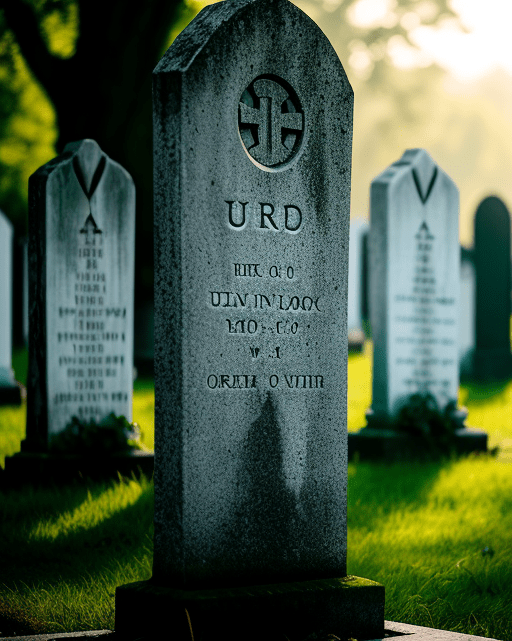Exploring the Concept of Baptism: From Infants to the Dead


Baptism is a significant ritual in various Christian denominations, symbolizing initiation, purification, and a commitment to faith. However, the age at which baptism is performed and the concept of baptism for the dead have sparked discussions and interpretations within religious communities. This post delves into the different perspectives surrounding baptism, including its practices and scriptural references.
- Explanation of infant baptism and its significance in certain Christian traditions.
- Rationale behind the practice, including the cleansing of original sin and the incorporation of children into the faith community.
- Scriptural references often used to support infant baptism, such as the Great Commission and the promises for children.
- Exploration of believer’s baptism, where individuals make a personal profession of faith before being baptized.
- Emphasis on repentance, belief in Jesus Christ, and the acceptance of the gospel message as prerequisites for baptism.
- Examples of denominations and Christian communities that practice believer’s baptism and their theological justifications.
III. The Scriptural Perspective:
- Examination of biblical passages related to baptism, including Matthew 28:19-20, Acts 2:38-39, Acts 8:12, and Mark 16:16.
- Interpretations of these verses in relation to the age of baptism and its theological implications.
- Acknowledgment that the Bible does not explicitly mention a specific age requirement for baptism.
- Introduction to the concept of baptism for the dead mentioned in 1 Corinthians 15:29.
- Discussion of various interpretations, including vicarious baptism and metaphorical usage.
- Recognition that baptism for the dead is not widely practiced or accepted by mainstream Christian denominations today.
Conclusion:
Baptism is a profound symbol within Christianity, representing the believer’s faith, commitment, and incorporation into the body of Christ. While the age at which baptism is administered and the concept of baptism for the dead have generated diverse interpretations and practices, it is important to understand the specific teachings and traditions within each religious community. Ultimately, baptism serves as a unifying sacrament, reinforcing the individual’s connection to God and the Christian faith.
It’s up to each individual to seach for the truth in the scriptures and prayerfully search for the answer to these questions. Don’t relie on your own understanding but on your father which is the source of all truth. James 1:5

